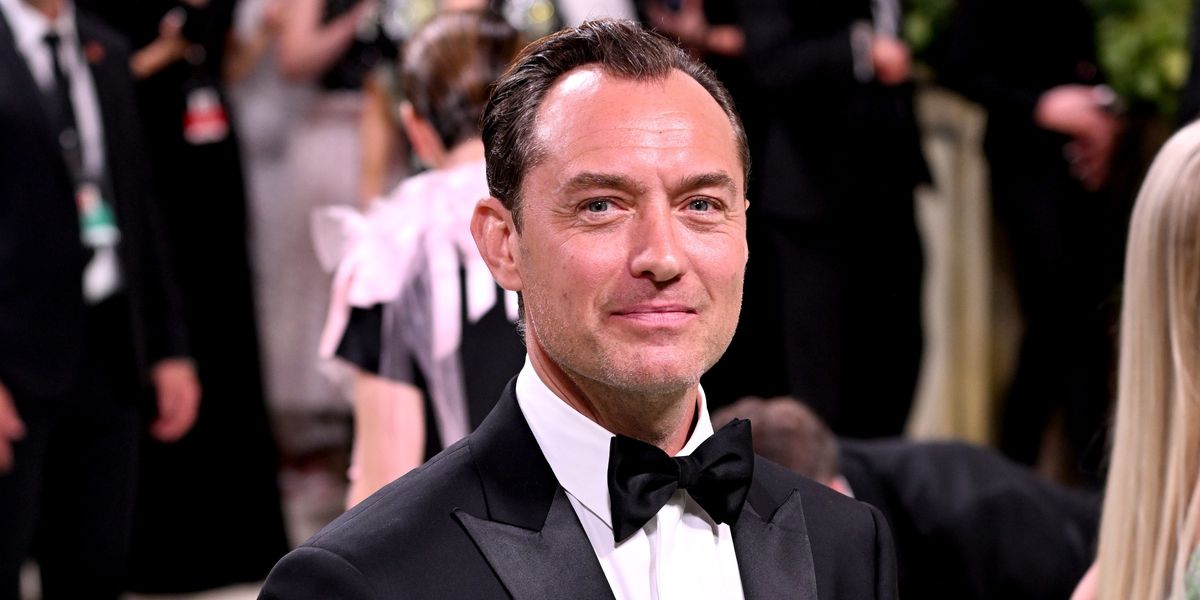Britain could follow Australia's lead by introducing a special licence for supercar drivers, as the state of South Australia prepares to launch its pioneering scheme this December.
The new "U-Class" licence will be mandatory for drivers of ultra-high-performance vehicles producing more than 375hp per ton.
The initiative comes after several high-profile incidents involving powerful cars, including a recent crash near Chesterfield where a 202mph Lamborghini Huracan hit a barrier.
Derbyshire Police noted that "the power far outweighed the [driver's] talent" in the incident. The Australian scheme has caught the attention of UK road safety experts, who suggest it could be "worthy of consideration" for British roads.
Do you have a story you'd like to share? Get in touch by emailingmotoring@gbnews.uk
Under Australian rules Ferrari, Lamborghini and McLaren owners would need special licences
PA/FERRARI
The new rules in South Australia could affect all Ferrari, Lamborghini and McLaren owners, who must obtain the special licence to continue driving their vehicles in the state.
Some electric vehicles also fall under the requirements, including the Tesla Model S Plaid with its 455hp per ton and the Porsche Taycan Turbo GT at 437hp per ton.
For comparison, the UK's current best-selling car, the Ford Puma, has a power-to-weight ratio of just 121hp per ton. Drivers who fail to obtain the licence in South Australia could face fines of up to £1,288, with prison sentences of up to one year for repeat offenders.
The legislation was introduced after a tragic incident in Adelaide where a 15-year-old was killed by an out-of-control Lamborghini Huracan in 2019.
In South Australia, qualifying for the supercar licence requires a full regular or probationary licence. Drivers must complete an online course costing £31, answering multiple choice questions about vehicle safety.
The final licence costs an additional £10, and applicants can retake the assessment until they pass. The course covers the safe operation of high-performance vehicles and the importance of safety systems like Electronic Stability Control and Automated Emergency Braking.
However, notably, there is no practical driving assessment required. One British expat living in Australia criticised the scheme, describing the country as "the ultimate nanny state" and questioning enforcement of the new rules, The Telegraph reported.
UK road safety experts believe a supercar licence system could work, but only with proper driver training requirements.
Nicholas Lyes, director of policy and standards at IAM RoadSmart, told The Telegraph that supercars are “very different beasts in terms of how quickly they accelerate to the car you might learn in and take your test in".
Similarly, trainer Rod Williams, from P555, highlighted a growing concern about electric vehicles, saying: "EVs are so quick and the weight is so low down it gives a false sense of confidence. Then when the cars do lose grip, they go very quickly because they're so heavy."
The UK already has experience with graduated licensing through its motorcycle system, which provides a potential model for supercar regulation. Motorcycle riders begin at age 16 with mopeds, progressing through different power levels as they gain experience and qualifications.
The system has proven highly effective with motorcycle casualties dropping from 37,125 in 1990. By 2023, casualties had fallen to 15,353, despite increased rider numbers.
LATEST DEVELOPMENTS:
Under Australian rules, Ferrari, Lamborghini and McLaren owners would need special licences
FERRARI
However, the AA has expressed concerns about the Australian approach, describing it as "creating a solution for a very niche problem."
AA spokesman Jack Cousens noted that manufacturers like Porsche already offer optional familiarisation days for customers.
Lyes added that any changes must be "data-led", noting that saving people's lives on the road should not be considered “nannying".

 By GB News (World News) | Created at 2024-11-08 12:42:27 | Updated at 2024-11-08 15:07:32
2 hours ago
By GB News (World News) | Created at 2024-11-08 12:42:27 | Updated at 2024-11-08 15:07:32
2 hours ago
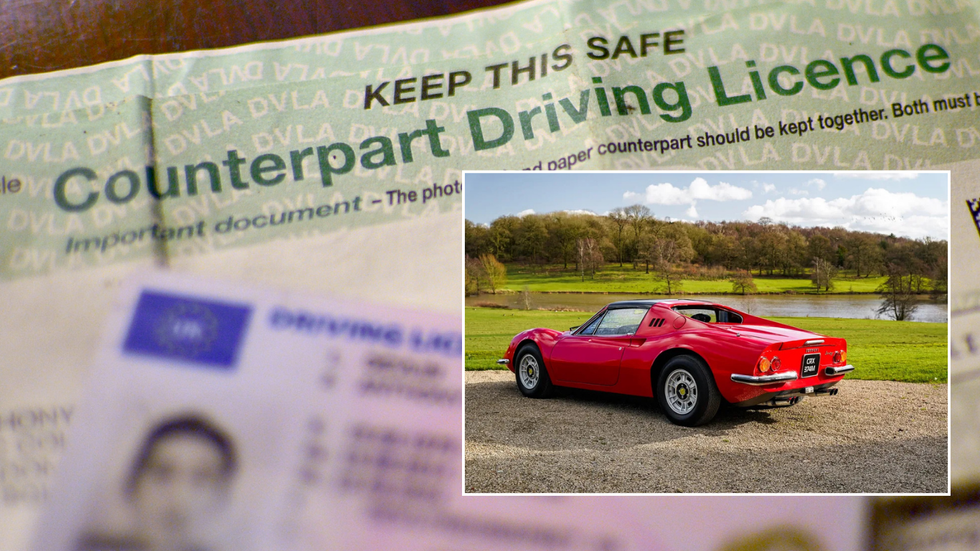
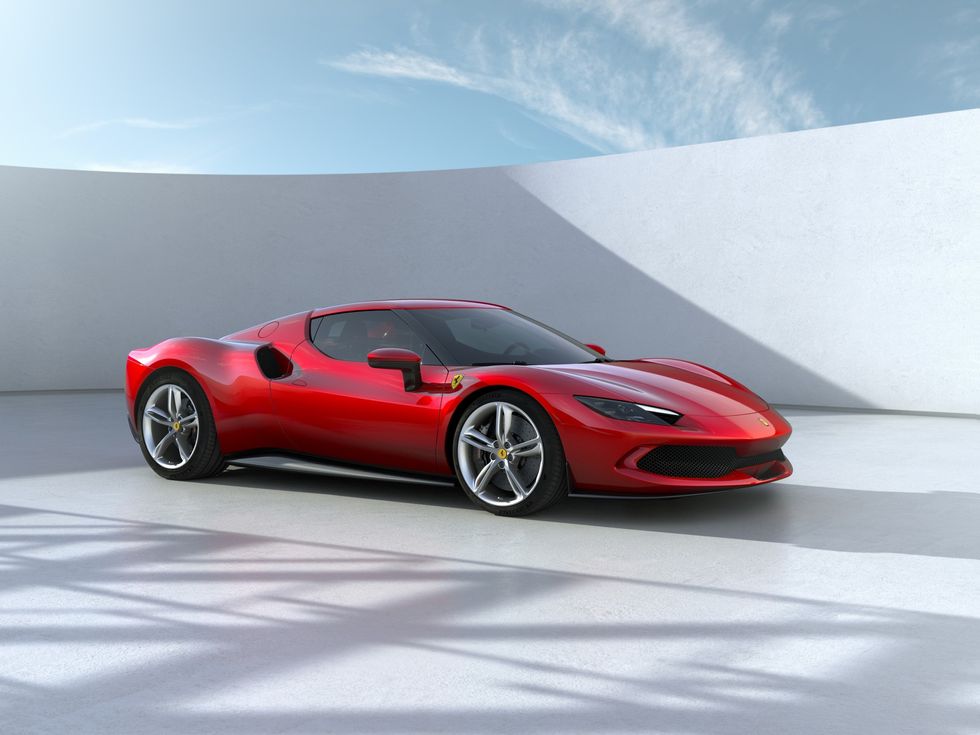


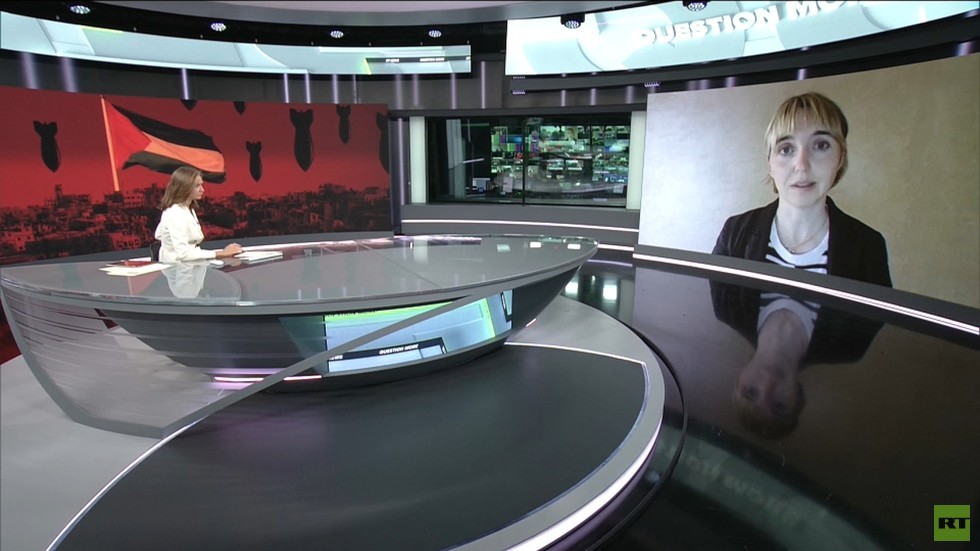
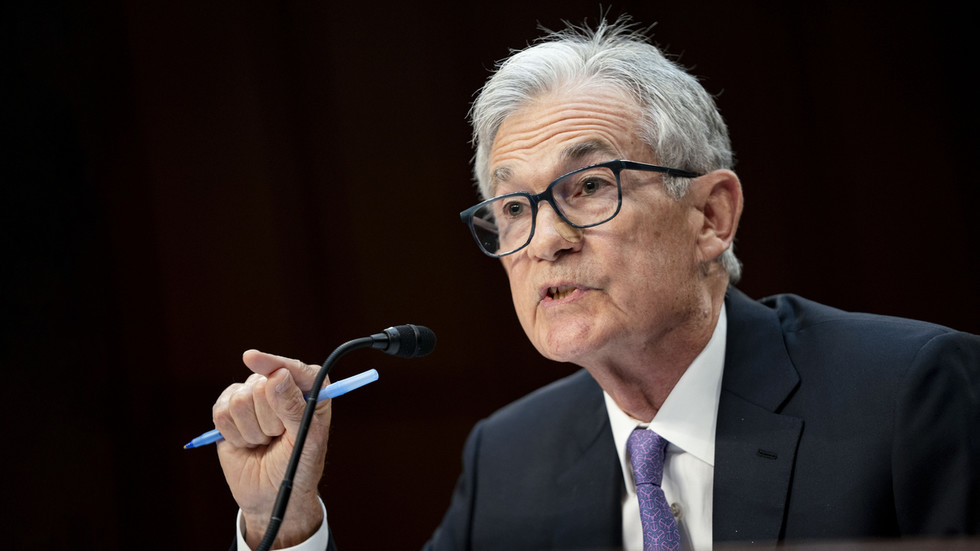
/cdn.vox-cdn.com/uploads/chorus_asset/file/25709978/Credit__Luis_Yan_ez___ED_DSC00150.jpg)


